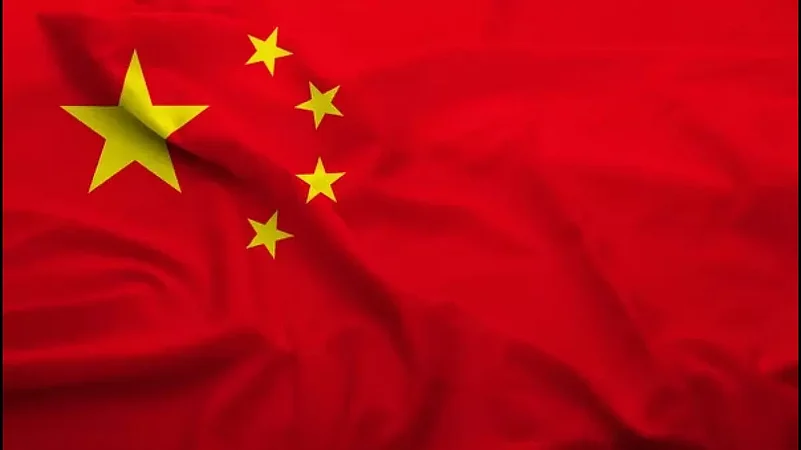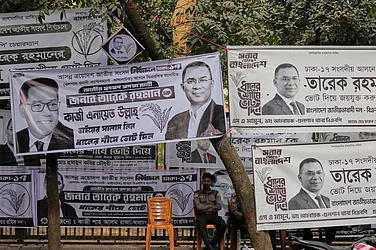Tensions between the United States and China further intensified on Friday as the Chinese government demanded that the US invite Hong Kong's Chief Executive, John Lee, to an upcoming economic conference. The demand comes in response to a news report suggesting that Lee would be barred from the Asia-Pacific Economic Cooperation (APEC) meeting due to his alleged involvement in suppressing Hong Kong's pro-democracy movement.
The potential exclusion of Lee from the conference threatens to complicate Washington's efforts to revive relations with China, which have reached their lowest level in decades due to disputes surrounding security, technology, human rights, and other contentious issues, as reported by AP.
The Washington Post cited unnamed US officials stating that Lee would face exclusion from the APEC meeting in San Francisco in November due to sanctions imposed on him in 2020. As Hong Kong's former top police official, Lee was allegedly involved in the government's crackdown on pro-democracy activists before assuming the role of chief executive last year.
The United States and several other governments have accused Beijing of violating its promises of granting autonomy and Western-style civil liberties to Hong Kong after the former British colony was returned to China in 1997.
In response to the sanctions on Lee, China's foreign ministry demanded that the US lift the "illegal and unreasonable" measures, condemning them as "bullying" that violates international norms and undermines cooperation within the regional forum.
China insisted that the US correct its stance and invite Chief Executive John Lee Ka-chiu to the APEC meeting, asserting that such conferences should not be subject to political exclusion based on unilateral decisions.
While Washington has been actively engaging in diplomatic missions to restore dialogue with China, contentious issues like US support for Taiwan's democracy have been key points of contention. Chinese officials have sought concessions, particularly changes in the US's dealings with Taiwan, but there have been no indications that China is willing to modify trade, strategic, or other policies that have caused friction with the US and its Asian neighbors and trading partners.
In a recent meeting with former US Secretary of State Henry Kissinger, Chinese leader Xi Jinping emphasized the need for both sides to make decisions that foster stable ties and promote joint success and prosperity.
As the US-China relations continue to be fraught with tensions, the inclusion of Hong Kong's leader in the APEC meeting remains a contentious issue that may have broader implications for regional cooperation and diplomatic dynamics.


























